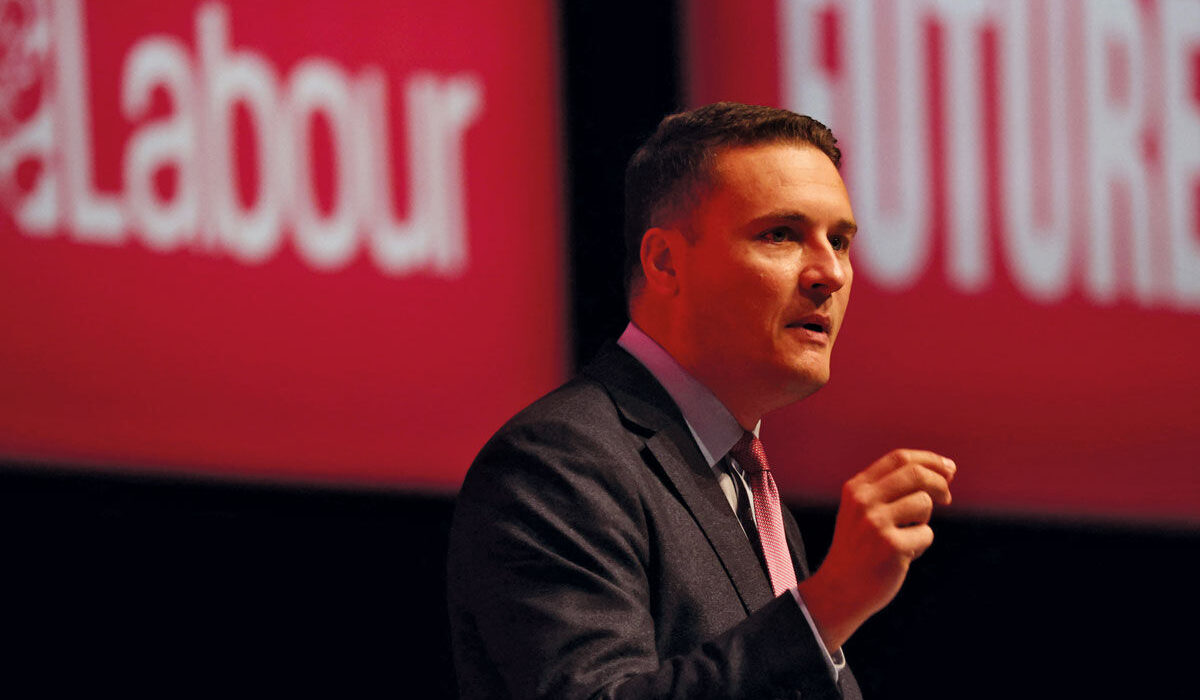Wes Streeting, the Health Secretary, acknowledged the daunting task of enhancing GP services within the NHS. In a recent interview with Sky News, he candidly stated that tackling this challenge head-on was something he is prepared to do without hesitation. The government recently unveiled its ambitious 10-year plan for the National Health Service (NHS), outlining key strategies such as shifting care provision to community settings, embracing digital healthcare solutions, and prioritizing preventive health measures over reactive treatments.
A core aspect of Labour’s manifesto revolves around revitalizing the NHS to ensure its sustainability and efficiency in meeting the evolving healthcare needs of the population. This includes commitments to reducing waiting times for medical consultations and advocating for a resurgence in personalized primary care through initiatives like bringing back the concept of a family doctor.
Despite these noble intentions, there have been concerning trends since last July when 62 GP practices shuttered their doors while over 5.8 million individuals per month experienced prolonged waits exceeding 14 days to see a GP—significantly higher than figures from the previous year. Addressing these challenges head-on, Wes Streeting expressed his determination to halt practice closures, retain GPs within the profession, and enhance patient experiences across general practice settings.
Challenges Ahead
Streeting admitted during an interview with Ashish Joshi that ensuring stability within GP practices and fostering a positive patient experience were critical aspects that demanded immediate attention. He emphasized the significance of neighborhood health initiatives embedded within the overarching plan as pivotal components in transforming healthcare delivery mechanisms towards more accessible and community-centric models.
Building Trust Through Progress
Acknowledging public skepticism surrounding governmental efforts in healthcare restructuring, Streeting highlighted modest achievements such as recruitment drives for GPs and reductions in NHS waiting lists—albeit noting that there was still much ground to cover. He underscored his commitment to steering the NHS on a trajectory aligned with public expectations while reinforcing essential relationships between patients and their family doctors—a cornerstone element that characterizes comprehensive and personalized healthcare provision.
The Vision Unveiled by Sir Keir Starmer
Sir Keir Starmer’s vision for reimagining healthcare delivery underpins principles aimed at alleviating burdens on traditional medical facilities by decentralizing care services closer to individuals’ residences while placing significant emphasis on preventative healthcare interventions. Central tenets include empowering patients through an advanced NHS app enabling enhanced access to personal health data, establishing neighborhood health hubs offering extended operating hours six days a week, bolstering legislative frameworks pertaining to nutrition and alcohol consumption for promoting overall well-being.
Expert Insights:
Renowned experts lauded certain elements of Sir Keir Starmer’s proposed reforms while also expressing reservations regarding execution strategies due to perceived deficiencies in resource allocation within existing budgetary constraints—a sentiment echoed by former Conservative dignitary Jeremy Hunt who commended foundational similarities between current proposals and prior governmental agendas but raised concerns about implementation efficacy amidst financial limitations plaguing sustained operational advancements within NHS frameworks.
In conclusion, navigating complex terrain entwined with multifaceted challenges inherent in reshaping healthcare systems demands concerted efforts from policymakers like Wes Streeting who are tasked with realizing transformative visions geared towards not just preserving but enhancing vital national institutions like the NHS—one painstaking step at a time.

